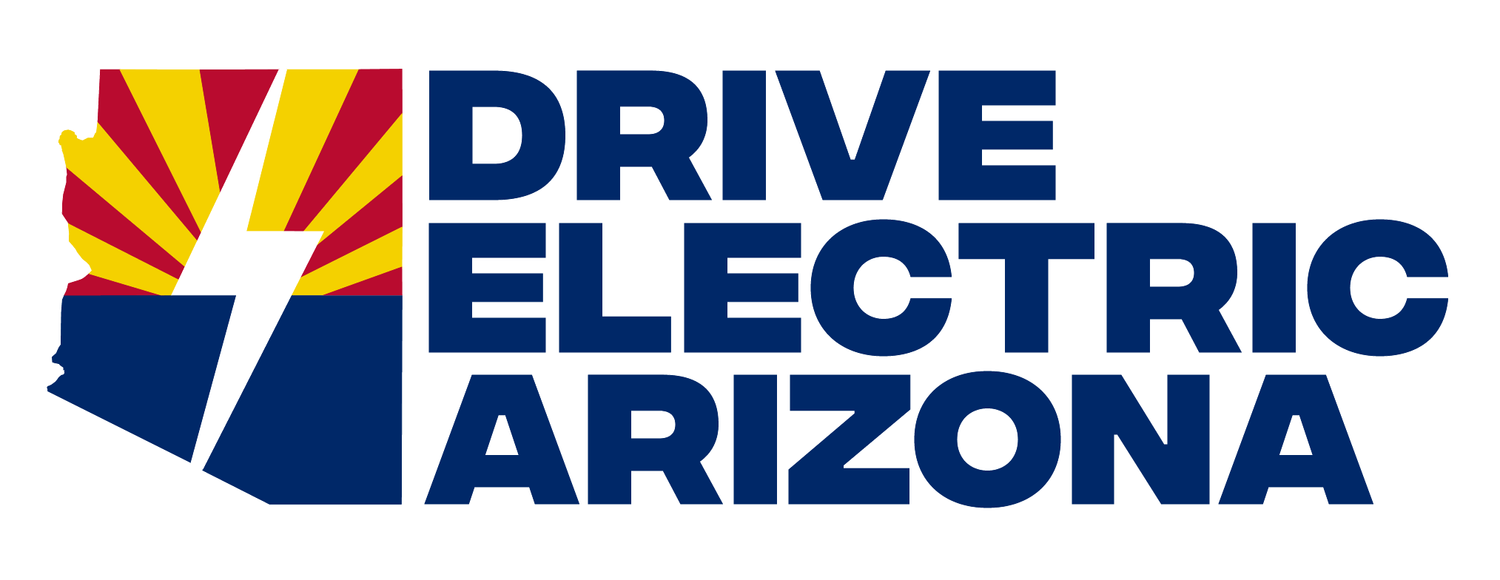Why BEVs Lead in Safety
When people think about EVs, they often think about efficiency, technology, and performance. But there’s another area where battery electric vehicles (BEVs) consistently outperform gas cars and even hybrids: safety.
Stronger Design From the Ground Up
BEVs are engineered on dedicated electric platforms. Without the need for a bulky engine, designers can create larger “crumple zones” in the front and rear. This gives EVs more room to absorb crash forces — protecting passengers better in collisions.
Low Center of Gravity = More Stability
The heavy battery pack is positioned low in the chassis, lowering the vehicle’s center of gravity. This reduces the risk of rollovers and makes BEVs remarkably stable during emergency maneuvers.
Reinforced Passenger Compartments
Because batteries must be shielded, EVs are built with extra-strong frames and reinforced side structures. These protective designs add another layer of safety for the people inside.
Rigorous Battery Safety Standards
EV batteries go through extreme testing — crash, puncture, heat, and vibration simulations — to meet federal standards. Advanced thermal management systems are built in to minimize fire risk.
Proven in Crash Tests
Organizations like the NHTSA (National Highway Traffic Safety Administration) and IIHS (Insurance Institute for Highway Safety) consistently award top ratings to BEVs like the Tesla Model Y, Rivian R1T, Hyundai Ioniq 5, and others. In fact, the Model Y has been called one of the safest vehicles ever tested.
Smarter Technology Built In
Most BEVs come standard with the latest advanced driver-assistance systems (ADAS): automatic emergency braking, lane-keeping assist, adaptive cruise control, and blind-spot monitoring. These features not only help avoid crashes but also lessen the severity of those that do occur.
Bottom Line
BEVs are not just cheaper to run and cleaner to drive — they’re also among the safest vehicles on the road. Their unique design, reinforced structures, stability advantages, and cutting-edge safety tech combine to protect drivers, passengers, and families better than traditional gas-powered cars.

